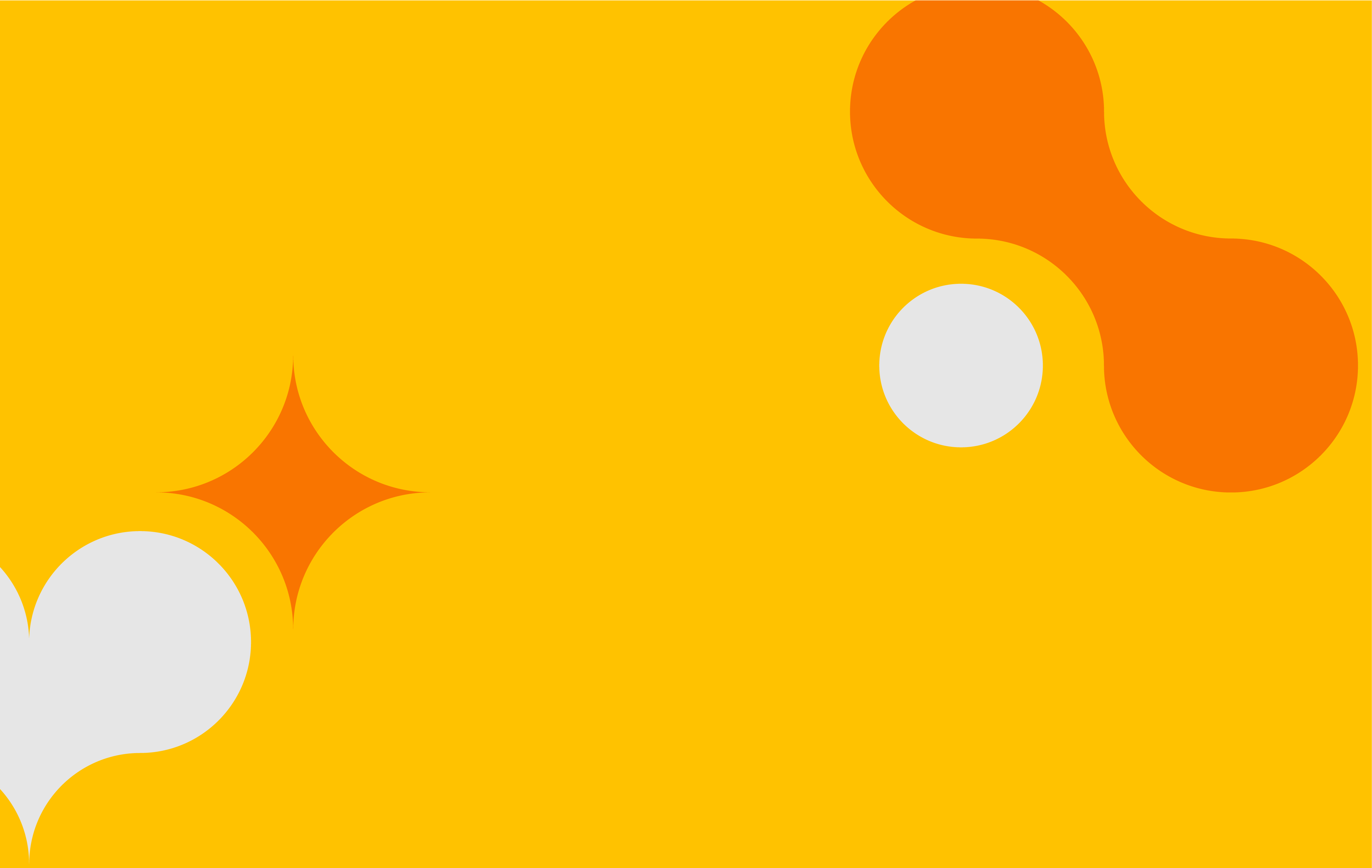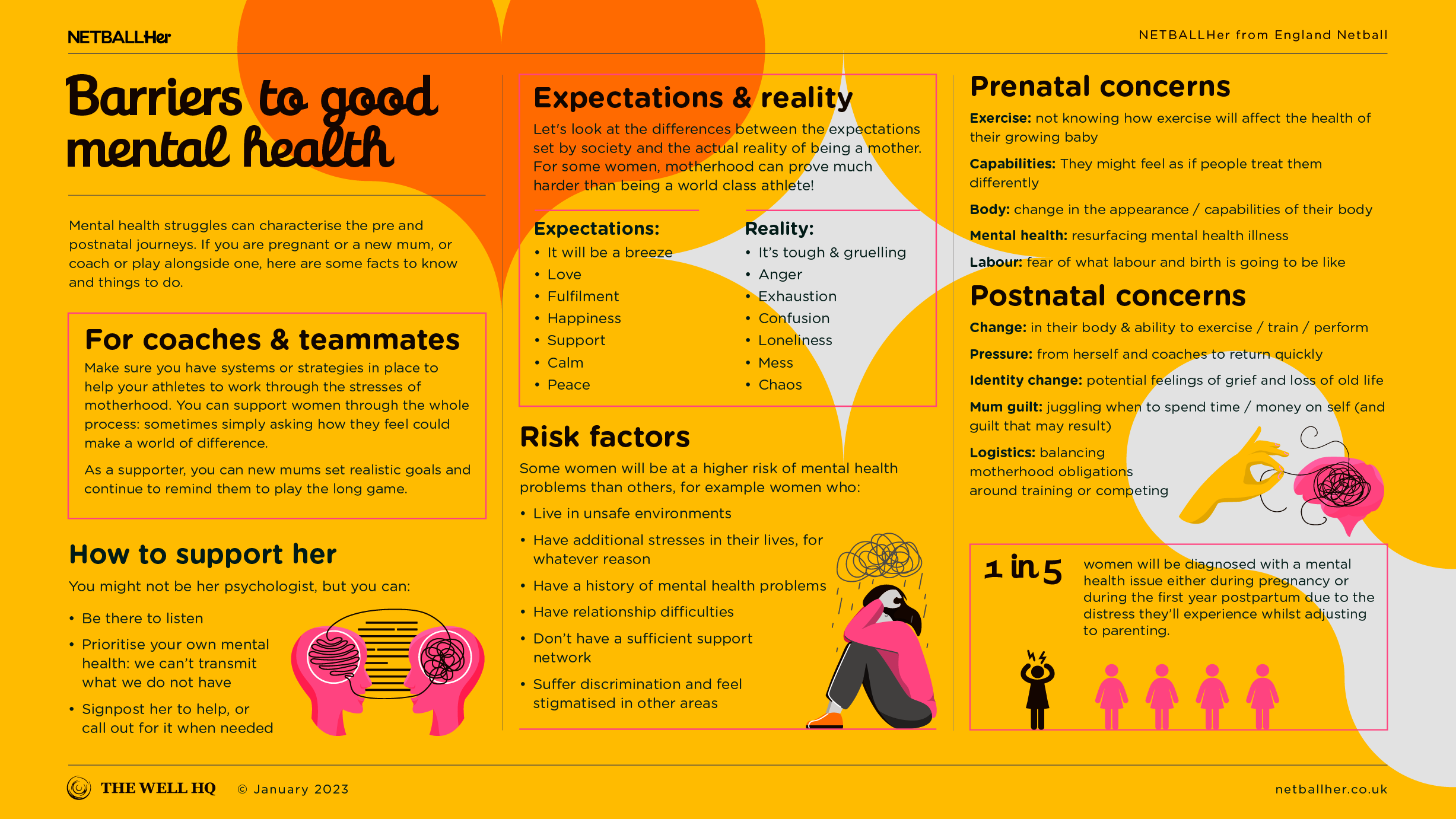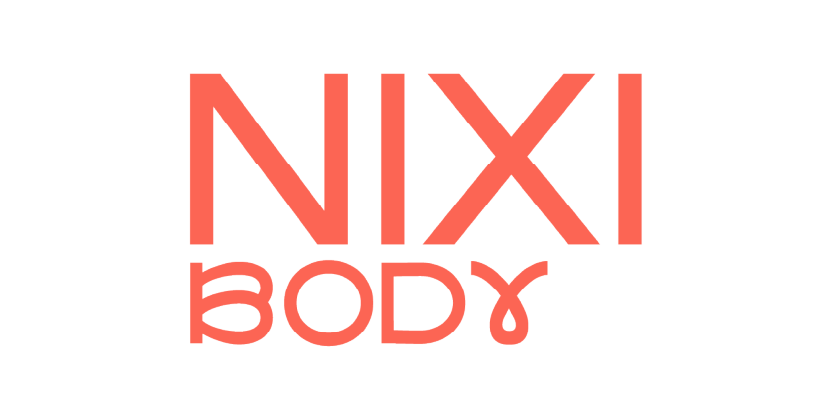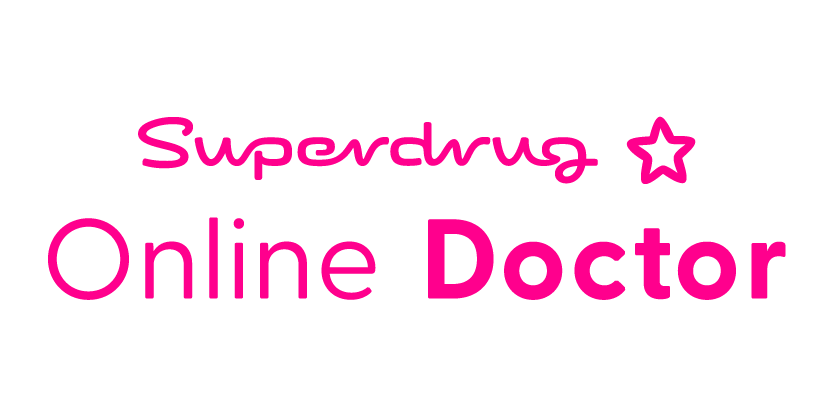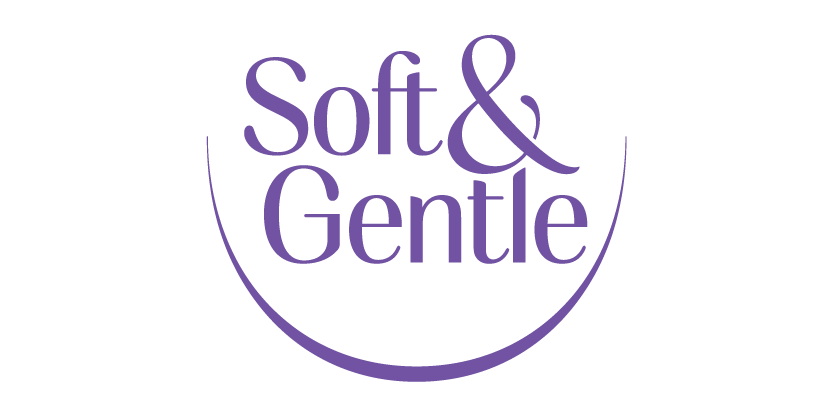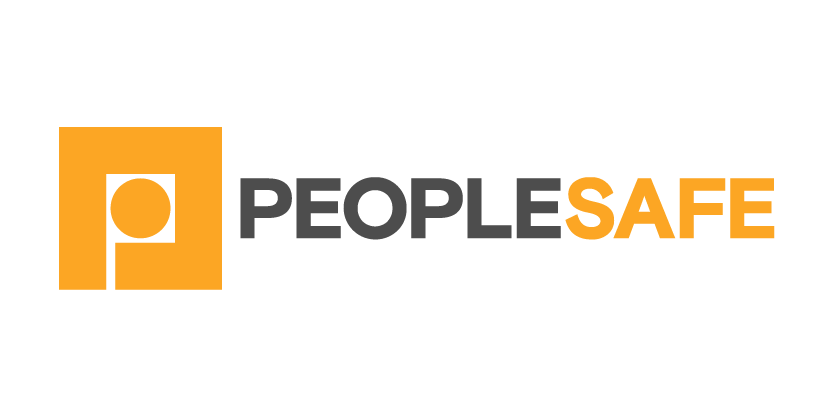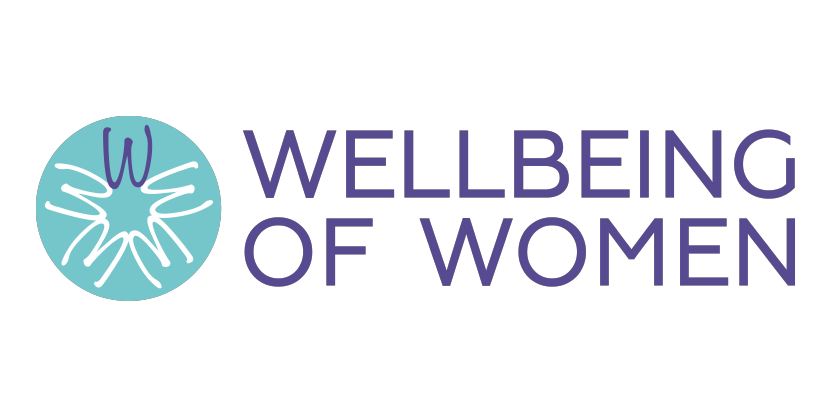Click play for an audio readthrough of this article
Here’s what’s going on and how to offer the support she might need
There will be different challenges for female netballers through the prenatal and postnatal stages and some of those challenges will affect her mental state.
Whether you‘re a pre or post natal athlete (or have been before), or are a coach or teammate in our netball community, all can play a part in building excellent networks of support and understanding.
From being better informed to offering the right type of help, this article is a great place to start.
Motherhood’s hidden hurdles
Hidden hurdles can arise when our expectations of an experience don’t match the lived reality. Becoming a mother is a perfect example of where the societal narrative can be hugely different from the day-to-day.
We are all influenced by the culture around us, and women can sorely feel the disconnect when their expectations don’t meet the picture painted on social media. We all want to think pregnancy and motherhood are wonderful times packed only with love, fulfilment, happiness, support, calm and peace …
But reality is that motherhood is a massive shift in one’s life, mentally and physically. Motherhood demands seismic changes as she leaves the relative freedoms of the past for the responsibilities of the now.
What used to be simple things, such as going to training, can become more like projects to manage as she prepares feeds and bottles and babysitters. In parallel with these new logistical challenges, her hormones are changing too.
The new hormone profile takes some getting used to. And when you pile on sleep deprivation, recovery, body changes, pain, anger, frustration, confusion, loneliness … of course this time can affect mental health.
This is where the netball community can be such a support. What we have is a ready-made network of intergenerational and experienced women who can rally around to help a new mum through the postnatal period. Vital tasks include checking in on your teammate, helping her catch a lift to training, offering to babysit even.
Simply asking about her eating, sleep, mood, and tiredness levels shows the kind of care and support she may feel she’s lacking.
A note on baby blues
It’s important to note that perinatal depression is different from the baby blues. Baby blues is a term used to describe mild and short-lasting mood changes and feelings of worry, unhappiness, and exhaustion that many women experience in the two weeks after giving birth.
Babies require around-the-clock care so it’s normal for new mums to feel tired or overwhelmed sometimes. The main difference is that the baby blues usually resolve within two to three weeks, whereas perinatal depression doesn’t go away without support and treatment.
Warning, the following section contains talk of suicide.
If you or someone you know require urgent help and support please reach out to one or more of these organisations:
The Samaritans. Volunteers listen in confidence to anyone in any type of emotional distress, without judging or telling people what to do. Click here or call 08457 90 90 90.
Together All. This is a safe, online community where people support each other anonymously to improve mental health and wellbeing. Click here.
Mind. If you or someone you know if going through a difficult time, Mind can offer support with different mental health problems. Mind also offer specific support in mental health in sport. Click here or call 0300 123 3393.
Shout. This is the UK’s 24/7 crisis text service for adults and children requiring mental health support. Click here or text 85258.
Papyrus. Papyrus UK offer suicide prevention advice. Click here or call 0800 068 4141.
Perinatal depression
Beyond the usual challenges of early motherhood, some mums may experience perinatal depression.
Symptoms of perinatal depression (before and after childbirth) may include …
- Extreme or ongoing sadness
- Anxiety
- Fatigue
- Irritability or frustration
- Restlessness
- Guilt
- Worthlessness
- Helplessness
- Changes in eating habits
- Suicidal feelings
Facts about postpartum depression
- Approximately 1 in 9 mothers and 1 in 10 fathers experience postpartum depression following the birth of a child
- While it’s common to experience emotional fluctuations in the weeks after childbirth, persistent feelings of extreme sadness, anxiety, or detachment may signal postpartum depression
- Postpartum depression typically occurs within the first few months after delivery, although it can emerge up to a year afterwards
- Postpartum depression is not a passing phase and cannot be overcome simply by willpower – it is a severe medical condition and requires treatment
- Postpartum depression is an illness caused by chemical imbalances and can lead individuals to perceive themselves as failures, despite their capabilities as parents so it is important to recognise that feelings are symptoms – they do not reflect one’s parenting abilities
People who experience any of these symptoms or suspect they may have perinatal depression should see a healthcare provider or their GP as soon as possible.
A final note
Not every healthcare professional will be able to support you in a way that feels right to you. Unfortunately mental health symptoms can sometimes be dismissed out of hand, and this can lead to real problems.
Health visitors, GPs, midwives, practice nurses, women’s health physios and so on are all involved in the postnatal period, and the support and signposting pathways built into these services are essential in different ways.
If you feel you haven’t received the support you need then we encourage you to seek a second, third, or fourth opinion. Keep trying until you feel heard and supported. We also suggest you document how you feel on a daily basis and bring this to any health / care appointments. It’ll help you to explain and account for how your symptoms impact your life.
As a reminder, the content of the course belongs to The Well HQ. You have permission to access and use the content yourself or, if you are an organisation, for the number of users selected, but are not otherwise permitted to share such content with others, all in accordance with our Course Terms and Conditions.
